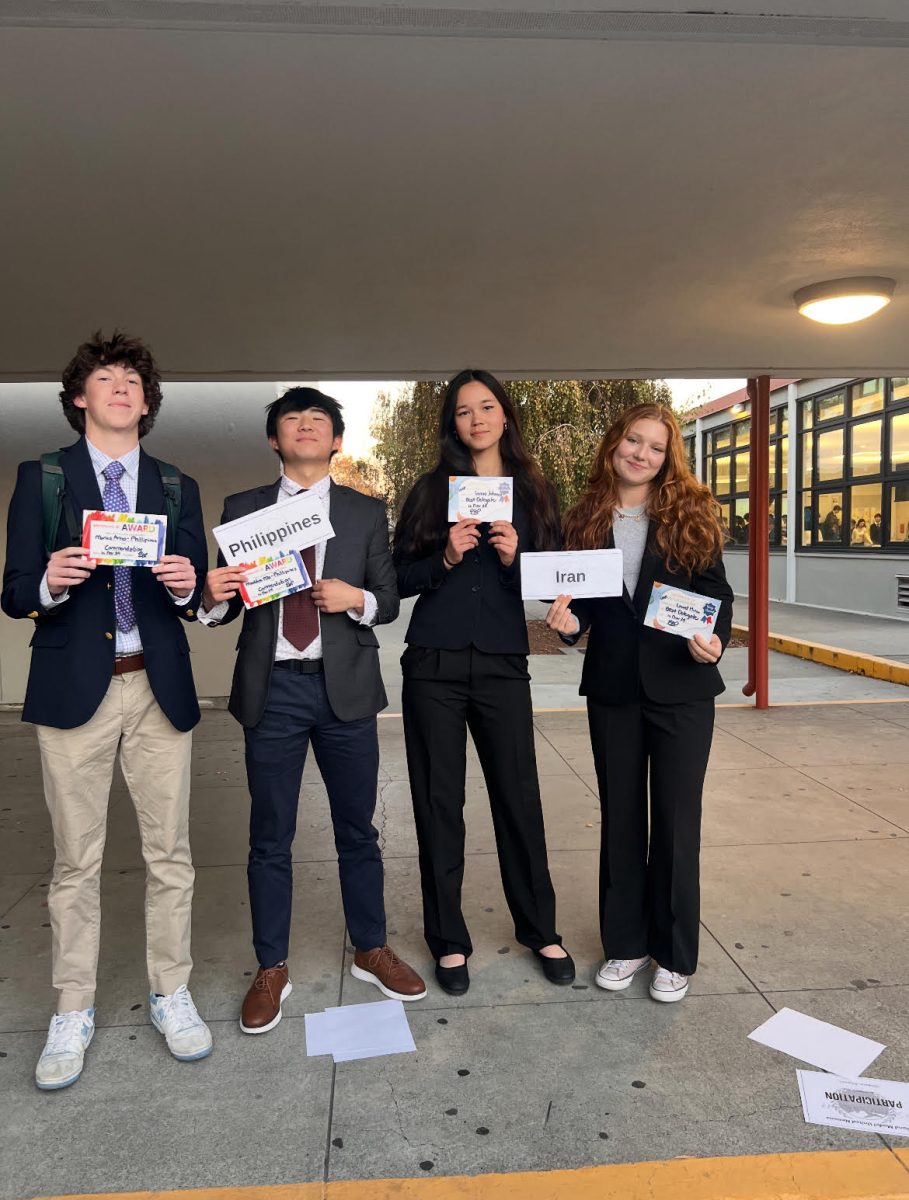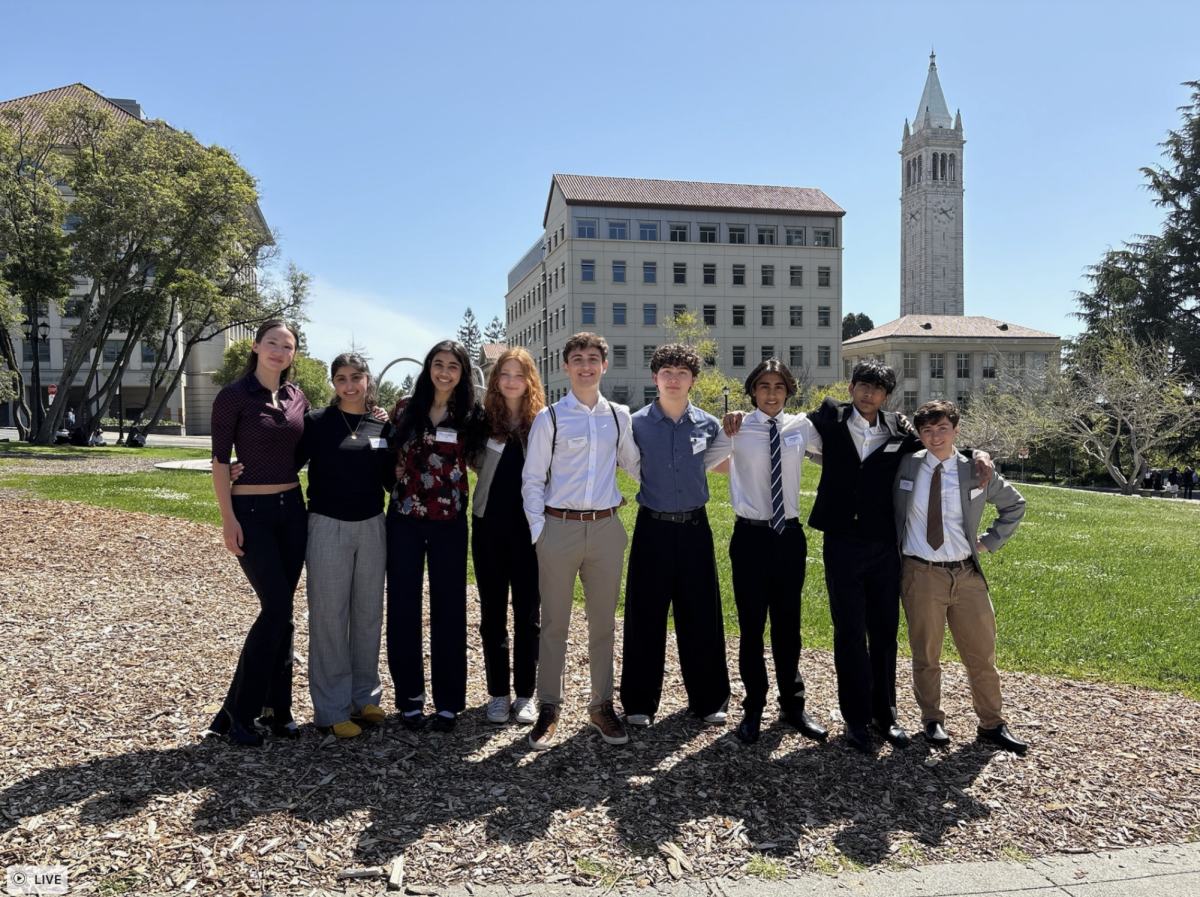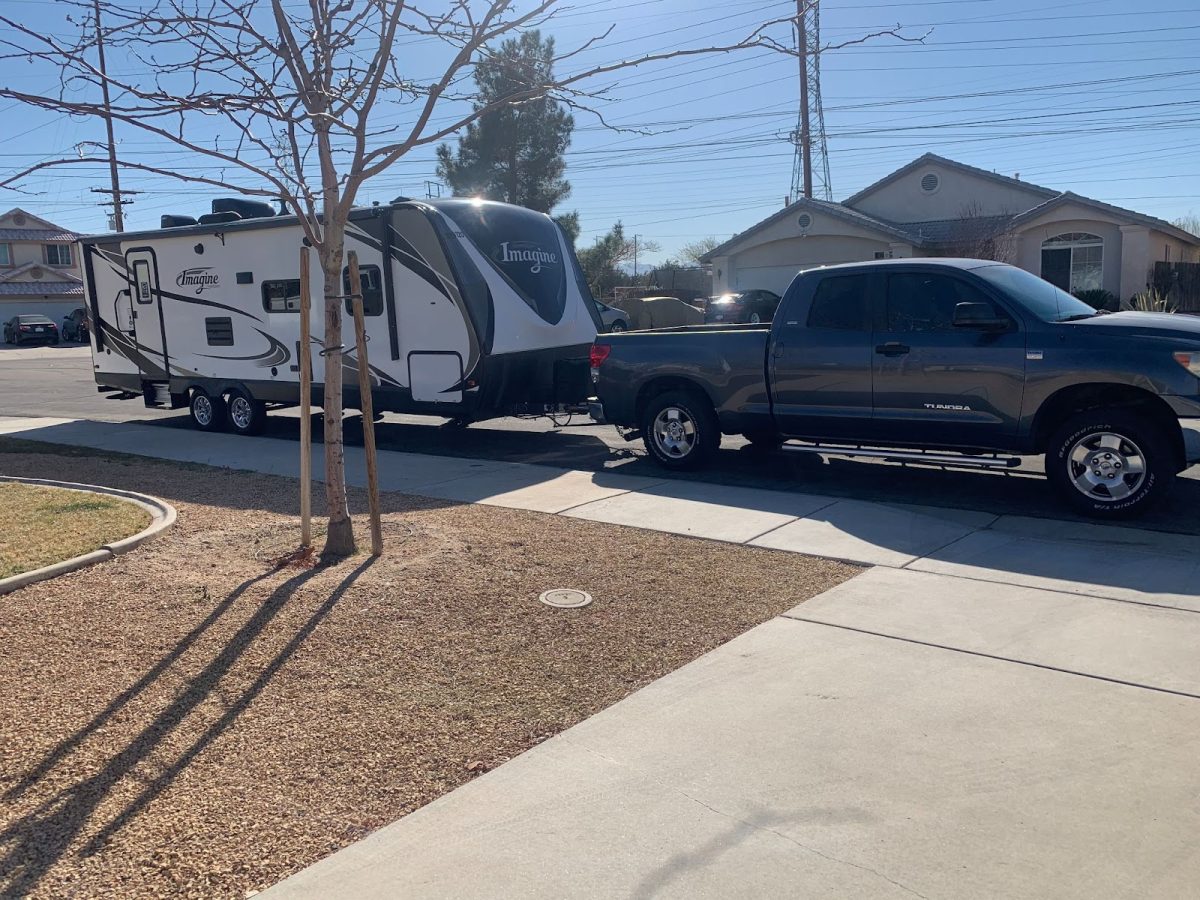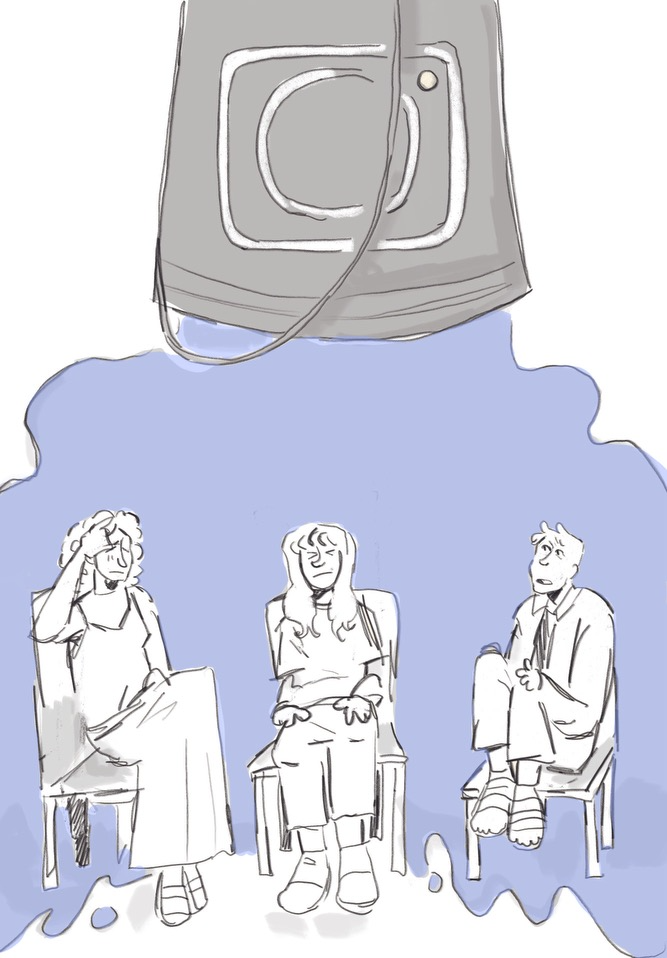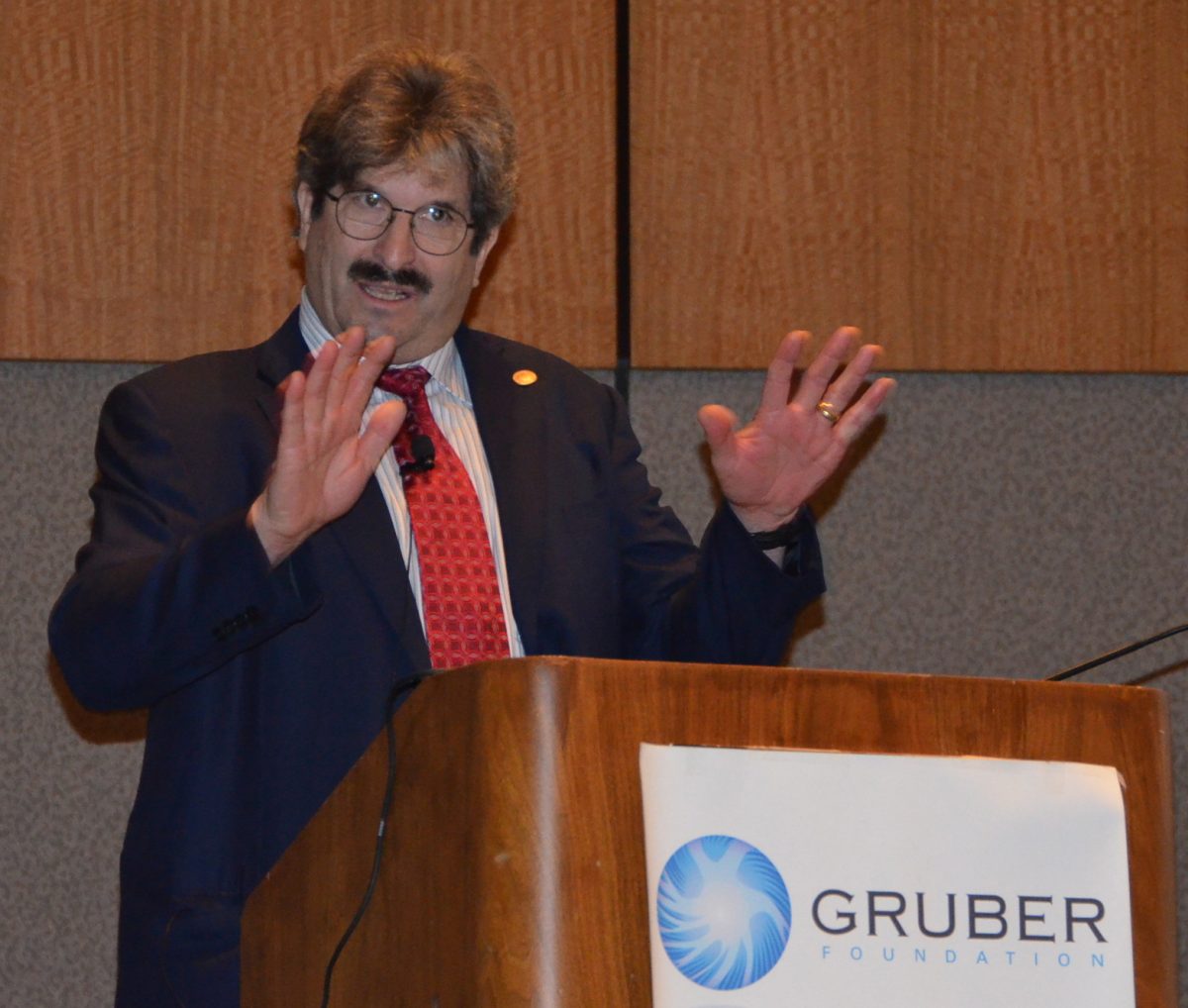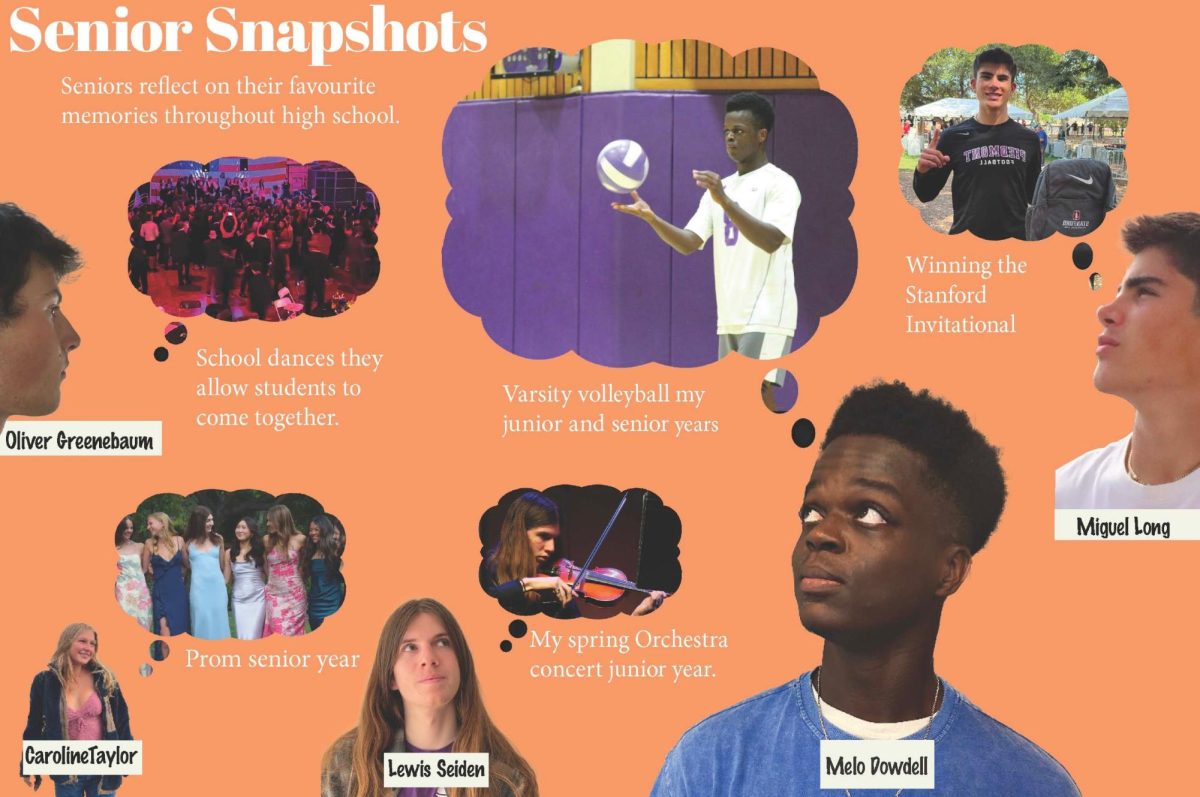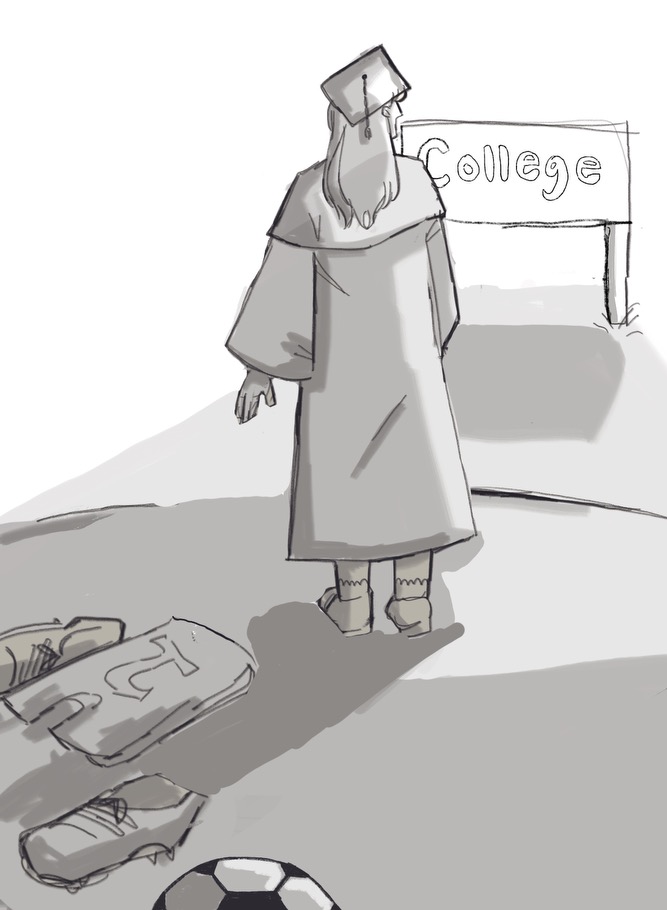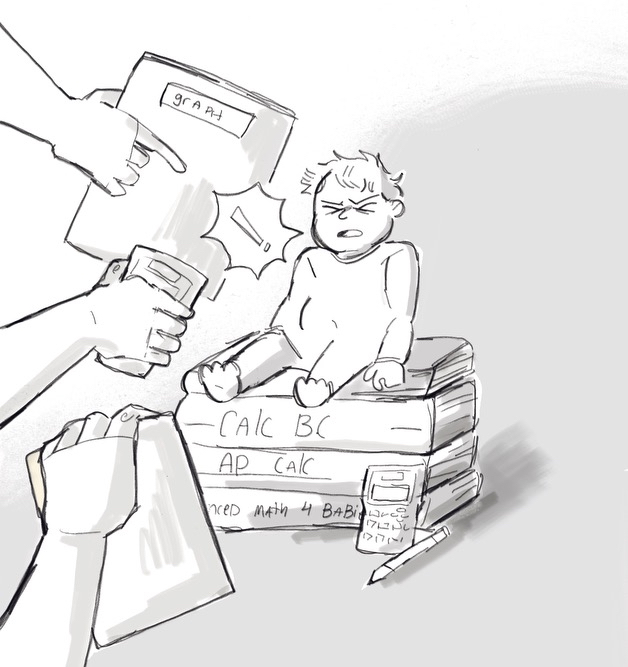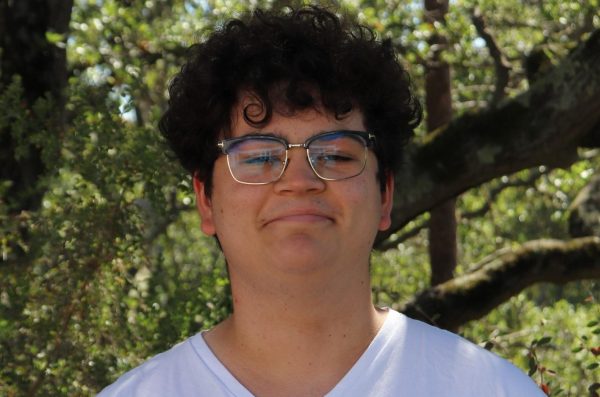On March 24, it was announced in superintendent Jennifer Hawn’s weekly newsletter, the Piedmont Pulse, that during the 25-26 academic year, the school district would be interested in implementing a district wide policy prohibiting phone usage at all times except for lunch. Furthermore, in the following academic year of 26-27, the district would consider instating policy three, banning student’s use of phones on campus. It is important to note that no policy has formally been voted on at this time, and that all plans are still in the conceptual stage.
In the Piedmont Pulse for the Week of April 14, Hawn conveyed that in May, the Board of Education would hear the first reading of the official Phone policy. The reading will be held on Wed. May 14.
On Sept. 23, 2024, governor Gavin Newsom signed California Assembly Bill 3216, the “Phone-Free School Act” into law. The bill requires every school district, charter school and county office of education to create a policy restricting or banning the use of cellphones at school.
According to the bill, students can’t have their phones taken away during an emergency, when given permission to use the device by teacher or member of administration, if a doctor affirms that a smartphone is needed for the health or well being of a student, or if use of a smartphone is mandated by a student’s individualized education plan (IEP).
In response, administration created a task force led by Principal David Yoshihara with the goal of developing a comprehensive phone policy for PUSD. On Wed. March 12, the task force met at City Hall to present their findings to the Board of Education. The task force presented four possible policies, with policy one being the least restrictive, and policy 3b being the most restrictive.
At the High School level, policy one would be similar to the district’s current policy. Students would be required to place their phones in “phone hotels” at the start of class and would leave them until the end of the period. The only change being that students would be required to place their phones in the phone hotels during academy periods as well. Under this policy, students would be allowed to use their phones during brunch, lunch, and passing periods.
The second policy is more restrictive, with phones only being permitted during lunch. The task force said that phones would need to be kept in a central, secure location such as lockers during the school day. Students would not be allowed to use phones during academy, brunch, or passing periods.
The third policy presented was the total banning of cellphones on campus. Students would be prohibited from bringing their cellphones to school. If students needed to contact their parents, guardians, or other parties, they would be able to make phone calls in the office if necessary.
The fourth policy is a “graduated approach,” wherein different grades had differing levels of restrictions placed on their cell phone usage at school. The exact details of how this approach would be implemented were not presented during the meeting.
After hearing all the policies, and taking public comment, members of the board of education expressed that they were generally in favor of the third option with some support for the second option.
Many students didn’t like the idea of these new restrictive policies.
“The number one thing I’ve been thinking about is parents trying to contact their children, especially after the SWAT threat that happened earlier this year. Parents might be worried about that,” said junior Analie Lepansky.
Other students took issue with the proposed policy because they use their phone for productivity.
“It upsets me because sometimes when I forget to charge my chromebook I use [my phone] as a way to access schoology to look at my assignments and do my work during [my free period],” said junior Luka Peña.
Martin had questions about how a possible policy might be enforced.
“I don’t know how they’re gonna deal with it, because we have off campus lunch, so I don’t know how they’re gonna be able to enforce the no phone rule at lunch,” Martin said.
Senior Raiyaan Shah had a similar opinion.
“I think it’s kind of a bad idea, cause if you want to have an open campus and not allow phones at lunch, that’s sort of a mutually exclusive ruling,” Shah said. “If you’re off campus you’ve gotta have some kind of access to a phone.”
Even if they disagreed, students did understand why a ban was proposed.
“School-wise, I see why they want to take it away. It’s fair because phones are a distraction, and if we have them, it’s easy to get distracted,” Martin said.
